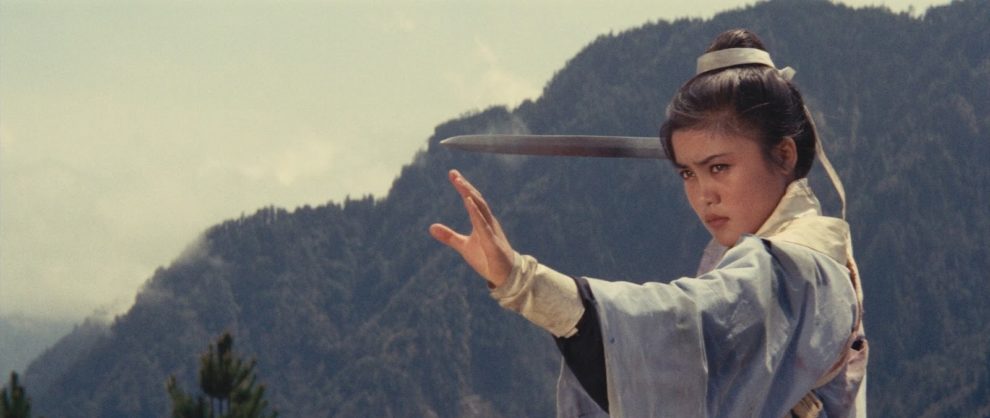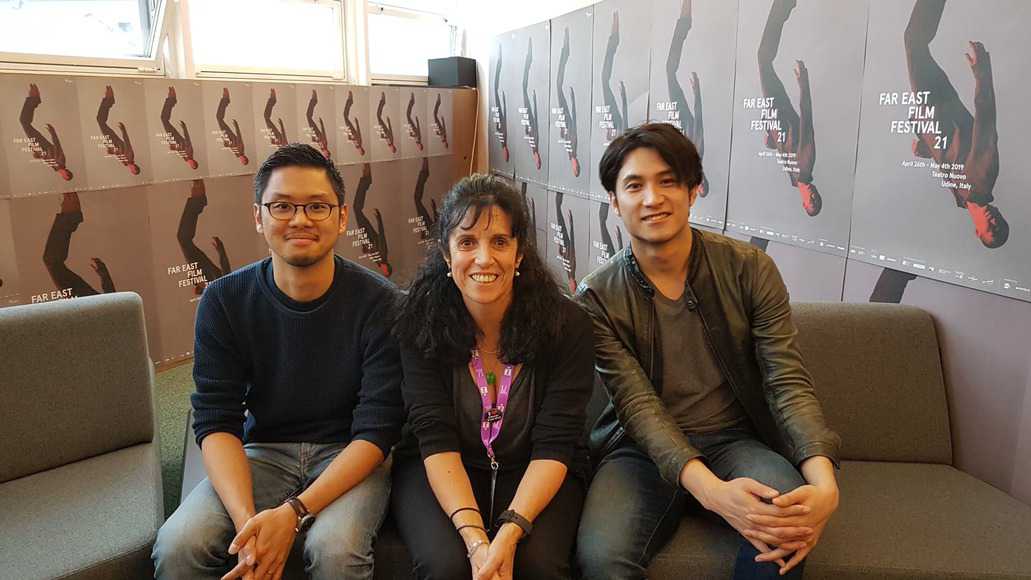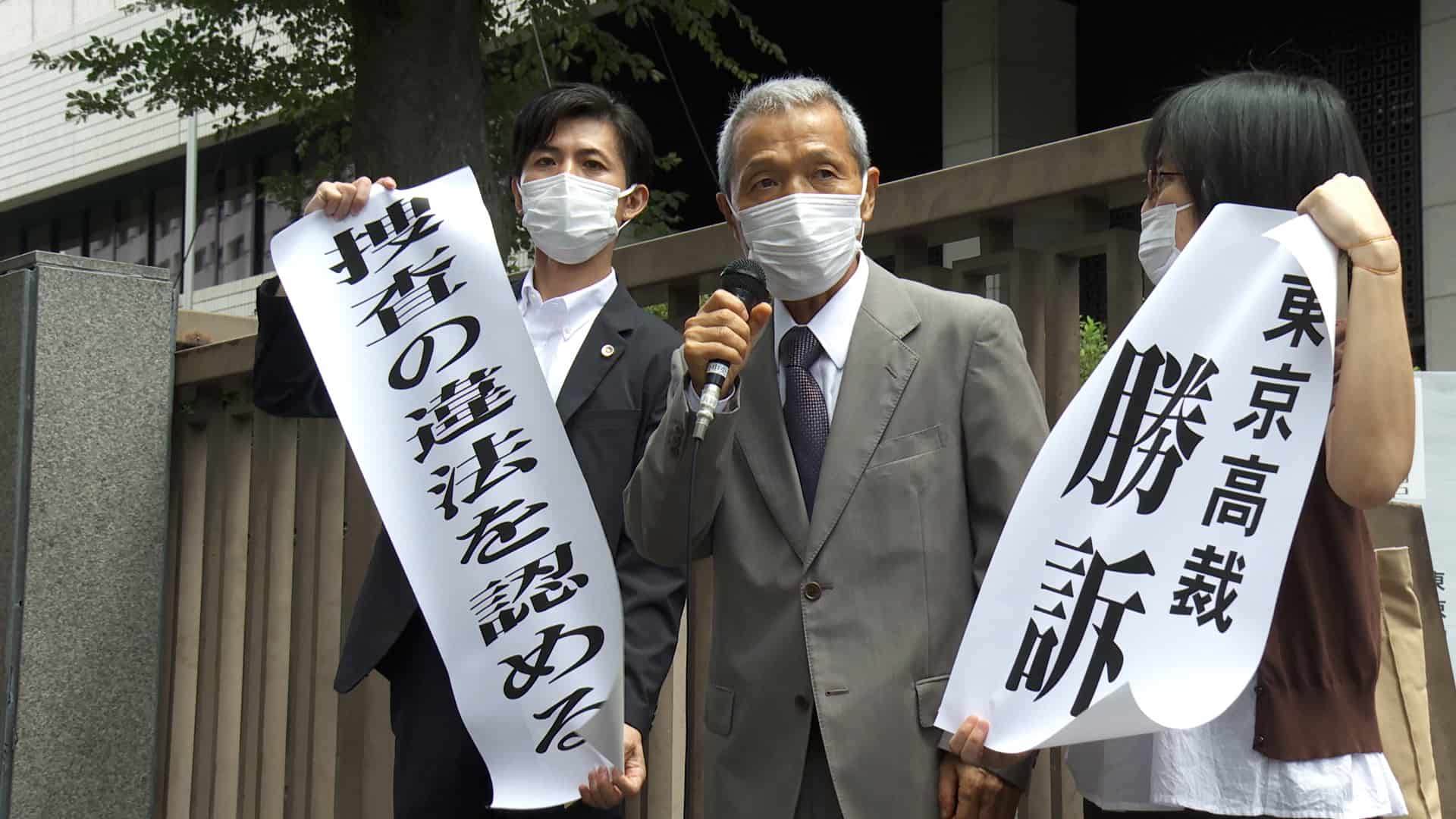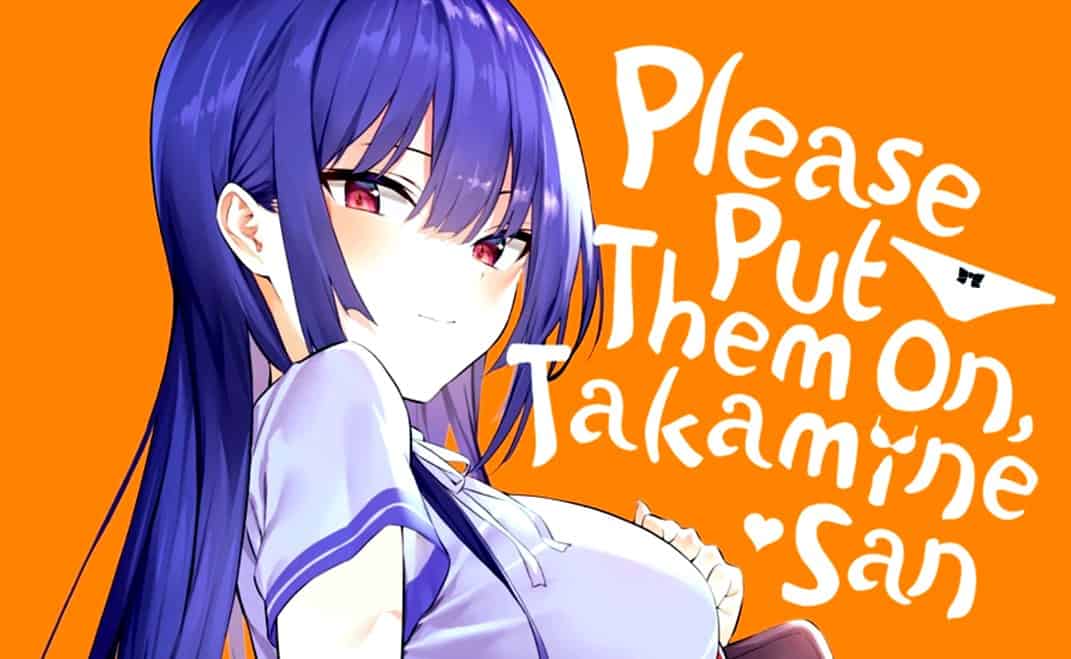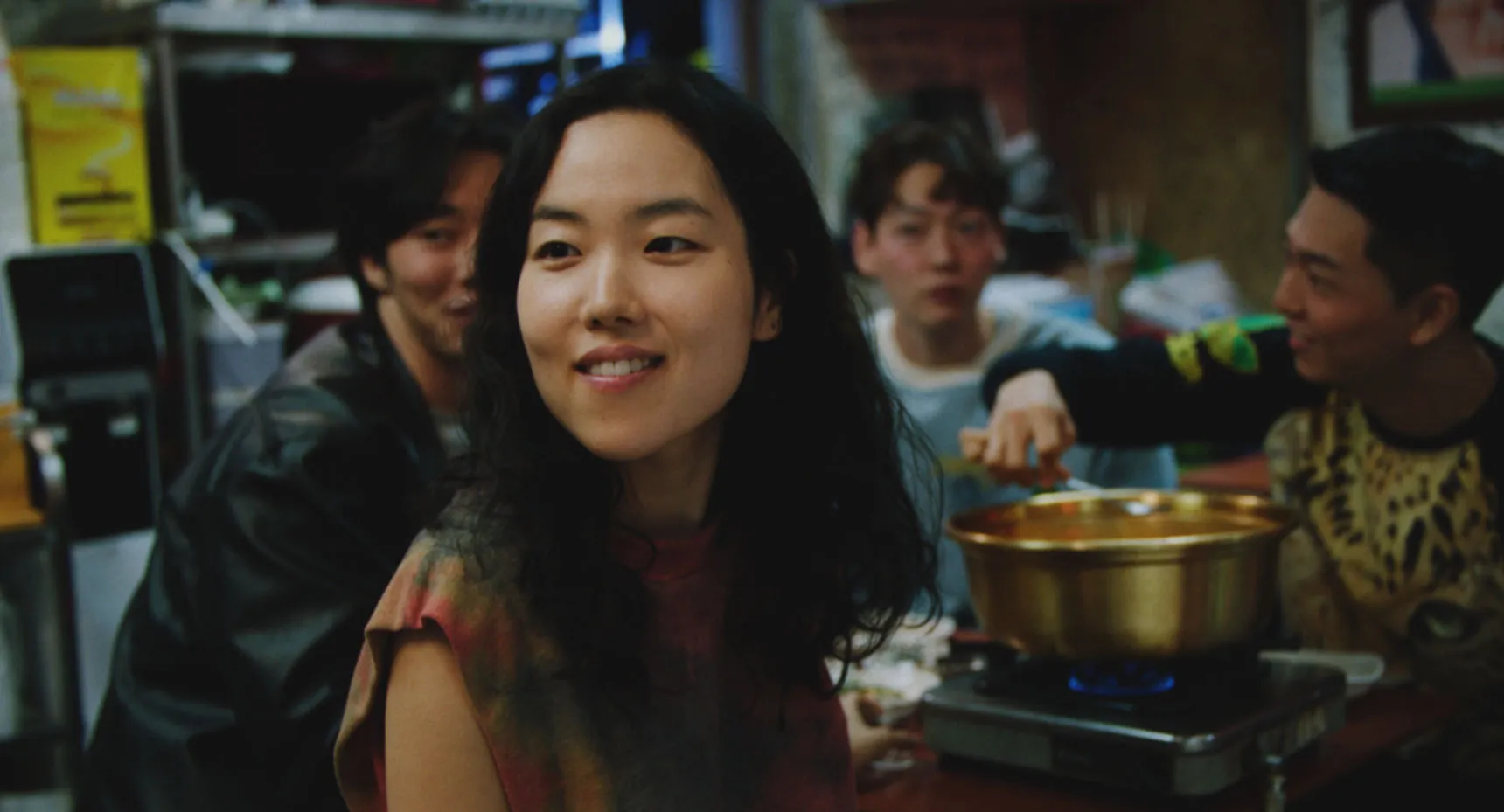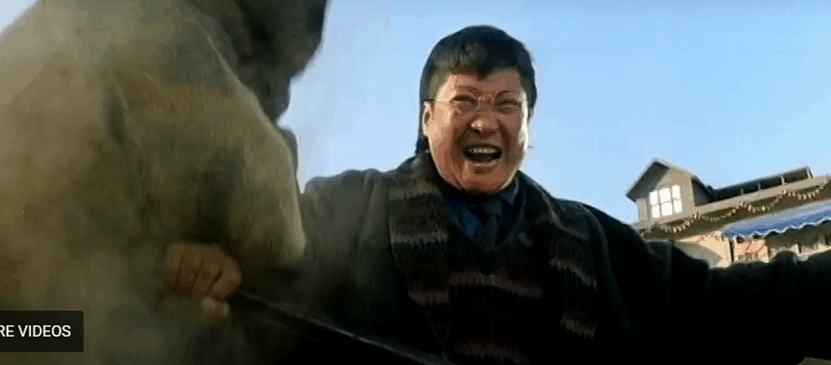After “Come Drink With Me” Hong Kong director King Hu probably could have stayed with Shaw Brothers Studio, but instead left the country for Taiwan where he would form his own company and in the years to come, make some of the best movies of his career. While the budget and conditions had certainly changed, Hu continued exploring the themes of his last feature in “Dragon Inn”, arguably his most popular movie aside from “A Touch of Zen”. As one of the most referred to entry in the wuxia genre, it not only provided cinephiles with great fight choreographies, great performances and a wonderful setting, with the architecture of the inn itself being the star of the show, “Dragon Inn” also proved how the genre would blend a highly entertaining formula with a very interesting and (after all these years) still quite appealing social commentary about the relationship of subject and ruler.
Dragon Inn is screening at Asian Pop-Up Cinema

The story takes place in the years 1457, during the Ming Dynasty, when the imperial eunuchs, under the leadership of Cao (Bai Ying), who has challenged any opposition in the state in order to gain full control. As he orders the execution of a general, he also demands the assassination of the general's two children, who were supposed to be exiled from China anyway, but his soldiers are ambushed by two soldiers that manage to fight back the attackers and escape to the mountains. Planning to set a deadly trap at the Dragon Gate Inn, an establishment close to the Chinese border, Cao sends some of his men there to take charge and await the arrival of the children and the newfound bodyguards.
However, when a wandering scholar, Xiao (Shih Chun) arrives in search for the innkeeper, as well as two siblings in search for some shelter for the night, the eunuch's men find themselves having to fight three rather skillful fighters. As their attempts to kill the three newcomers, it becomes apparent, they have arrived in order to assist the two children, and are sworn enemies to the eunuch and his tyranny.
When it comes to the wuxia genre, you have to look no further than the features directed by King Hu to find the combination of intriguing set pieces, great characters and tense fight scenes. In the case of “Dragon Inn”, the idea of the inn itself, much like in Hu's previous work “Come Drink With Me” plays an essential role, as it not only sets the stage for the conflict of the characters, but essentially boils down a much wider theme. As the eunuch's forces take control over the place, their tyranny is disturbed by outside forces, namely Xiao and others, who are essentially rebels to this new hierarchy built on blood and repression. While restricted on the one hand, its various hidden layers, along with its two stories, give plenty of room for the intruders to plan their plot on the other hand and eventually begin their attack. Apart from these features, the set is also a strong reminder of the theatrical foundation of the genre, and perhaps even shows the director's own background as set decorator and artistic designer.
Additionally, “Dragon Inn” features a number of great performances, with Lingfeng Shangguan as Ms Chu and Chun Shih as Xiao probably having the best moments of the movie. Whereas the latter has some truly memorable moments, for example, when he outsmarts and later fends off various attackers with the sword and also through psychology, Shangguan's character might just have some of the best action scenes, with her character's approach to the inn while fighting various of the eunuch's soldiers being a great example of her acting, as well as the overall phenomenal job with regard to Hui-Ying Hua's cinematography and Hung-min Chen's editing.
In the end, “Dragon Inn” is a wonderfully entertaining entry into the wuxia genre, and shines even more in the latest restoration. King Hu proves his prowess in the genre, evident in the performances by his actors, the setting and the overall aesthetic choices, from the editing to the cinematography.


